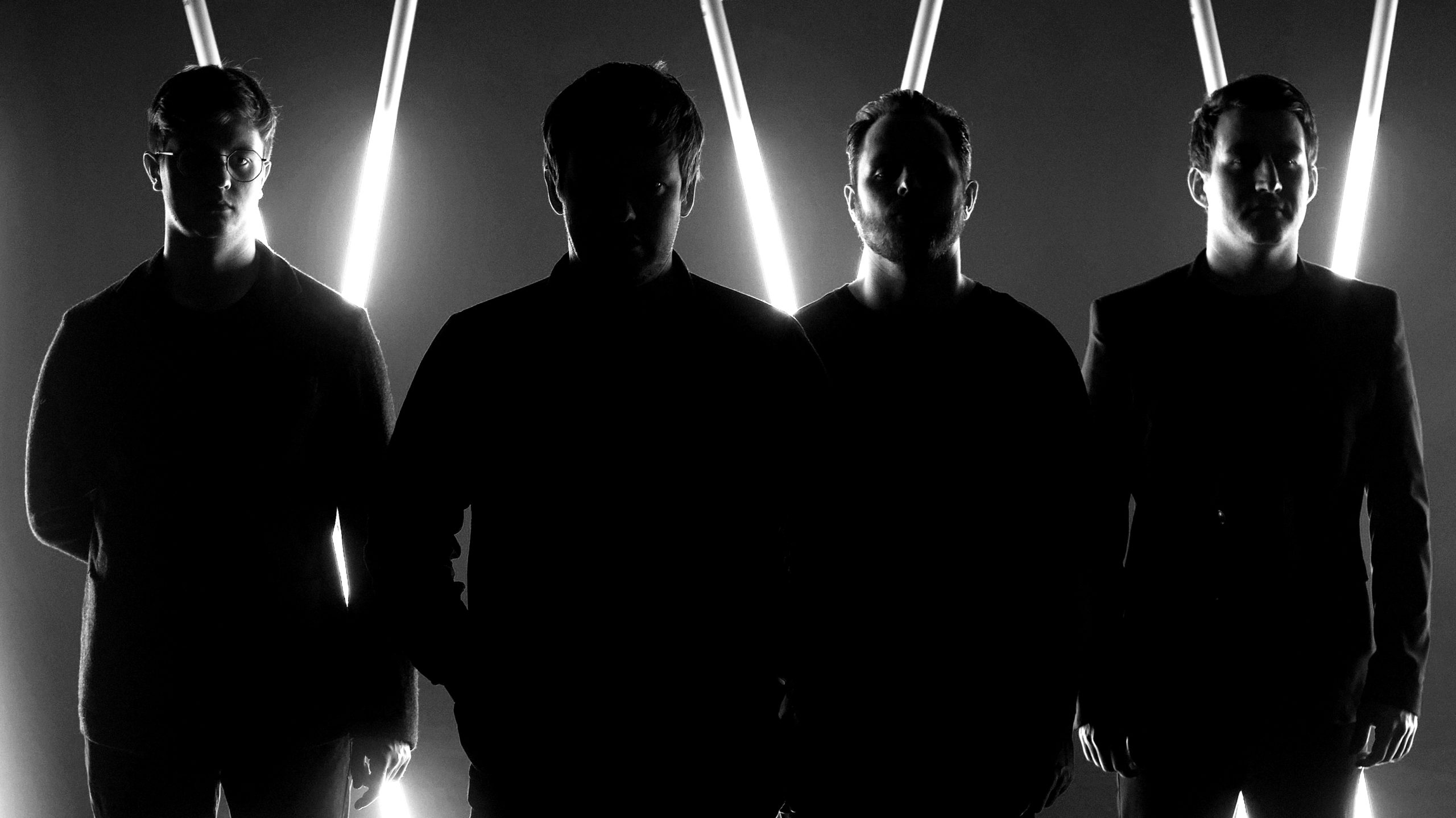
Manchester four-piece ist ist will release their highly anticipated debut album, ‘Architecture’, on 1st May 2020. Arguably one of the most uncompromising and idiosyncratic acts around, the post-punk quartet have been carving their own niche since their inception just over six years ago.
Refusing to bay to industry influence of any kind, the band has managed to forge a reputation for being driven and dogmatic. In doing so, has garnered a loyal cult following. Since 2014, the band have released a number of impressive singles and EPs completely independently and witnessed an unprecedented escalation through the ranks almost exclusively by word of mouth, selling out shows across the nation and playing capacious venues such as The O2 Ritz in Manchester. Mark Millar caught up with bassist Andy Keating to talk about the genesis of the band, lockdown and Architecture.
For anyone who might not know. How did the band get together?
AK: Me and Adam, who is the singer, have known each other for about 13 years and we used to play in a punk band called The Casinos years ago. We knew Joel, our drummer, from being around on the scene back in the day. We never fell out of contact, but we just stopped playing in bands, and people were doing other things. And then Joel’s band that he was in at the time got played on the radio. Adam rang me and said, “Do you remember Joel? I’ve just spoken to him for the first time in ages, and we are going to have a bit of a get together on Sunday to see if we can write some tunes. Do you fancy it?”
I said, “Yeah, I’ll do that.” And then it just kind of snowballed. And then we added Matt, who is our other guitarist and keyboard player, about two years ago when we wanted to expand our sound. It was one of them where it had been years in the making, but it just took quite a long time to get to this stage.
What does the name Ist Ist mean?
AK: It doesn’t mean anything. We get called 1st 1st a lot. The first time we ever got played on any national radio show was when Steve Lamacq played us on Radio 6, and he called us 1st 1st. We were like, “Oh, for fuck sake!” You’re listening to yourself live on national radio for the first time, and then he calls us 1st 1st. We thought, “Oh well, that song isn’t getting any Instagram views or Facebook Likes or YouTube plays because no one will search for the right thing.”
Ist Ist will release your debut album, Architecture, on 1st May 2020. Did you go into the recording with any preconceived ideas about how it should sound and the kind of songs you wanted to write?
AK: Yeah, it was a very conscious decision to put the songs on the album that we did and to have it sound the way it does. Before the record, we released two EPs and have had an album’s worth of songs for quite a long time, but we are kind of old school and cling on to the concept of an album. The way I look at that is you can have an album’s worth of songs, but you don’t necessarily have an ‘Album’ as such.
You can have a bit of a hit parade and front load your album with a load of hits, and then you can stick an amount of filler on there. We wanted it to be a journey where you start at the beginning and listen to it all the way through, and it’s a linear experience. It took a while to write those songs; we didn’t think to ourselves, “Right, we want to write an opening song, and now we want to write a song that will go forth on the album.”
As a band, you are intuitive in the sense that you kind of know when you have written your album. Once we had released the two EPs, it was very much, “Right, let’s get cracking on an album.” And you do start to expand your sound a bit, and you do kind of know what your winning formula is and what songs have gone down well in the past. Even still, it has to work in the context of an album. We demoed a couple of songs that didn’t make it onto the record because they just weren’t quite right for the album at that time.
The band already have a lot of stuff out there at the moment. I made a playlist on Spotify, and there are 27 Ist Ist tracks on it. The playlist includes singles: EPs and live tracks.
AK: We have been releasing music for quite a long time, and as you can see from your playlist, there are 27 songs on there, and I know some of those are on the album, but even still, you get the idea of how much emphasis we placed on getting it right.
With those two EPs, some bands might have waited a little bit longer and then stuck the two EPs together and said, “That’s our album.” We didn’t want a clean break as such, but we wanted it to be very much a progression. There’s the debut EP we did called Spinning Rooms – there’s the second EP, and now here is the album. You want to let the people that you have banked along the way as fans to see that development.
I don’t think when we released the first EP that we were necessarily ready for an album. I remember when we said we were announcing something, everyone was convinced we were releasing an album. When we announced the EP, people asked, “How long is it going to take this band to release an album?”
We were always single-minded in the sense that we will release it when it’s ready to be released. You only get your debut album once. So you may all make sure that you are all absolutely one hundred per cent happy with the tracklisting and the vibe of the record, the production and the artwork. Everything had to be right, and it just so happens now is the right time for it.
The band will be releasing all ten tracks set to feature on Architecture with ten tracks, ten videos, ten artworks, and ten prints for fans. What was the idea behind that?
AK: No one else was doing it. It was as simple as that, and it’s not even to try and be contrary or anything. It seemed innovative, and it seemed like an exciting way of doing it, and I’ve not seen another band do that. Our management and ourselves brainstormed a load of ideas. We thought, “Why don’t we give each track its day in the sun?” There is something nice when you listen to an album for the first time, and your favourite song on the album is one that you have never heard before putting the record on.
Even though we didn’t imagine the album as a hit collection, we are not necessarily calling them singles. It’s just a track by track release. We sometimes felt songs on records or ‘albums’ don’t get enough attention. A lot of bands put out two or three singles that sound relatively similar because they are aiming for radio or YouTube views or they are aiming to get on Spotify.
We think it’s a bit of a boring way of doing it. Again it comes back to you are only releasing your debut album once, so you may as well do something interesting with it. We could have just done three singles and released an album. But when you look back on it, you think, “We followed a tried and tested path, and we didn’t try and innovate or try and do anything different.”
We felt each track was strong enough that it deserved its own video and artwork. When you look through our website, you will see that we are a band who sell quite a lot of physical merchandise and records. I’m not saying in the scheme of things, but we do quite well-selling records and CDs for a band of our size and where we are in our stature. Our fans like a lot of physical merchandise. They like buying T-shirts and these prints and things like that. It just seemed like a nice way to mark each track.
What is the meaning behind the title Architecture?
AK: There are several meanings. There’s a song on the record called ‘Drowning in the Shallow End’, and there is a line in the song that says, “The architecture of your mind is pure.” It’s not a concept album, but it’s just a theme that runs throughout the album. Plus, with it being the first album, it’s nice to start it on the letter A.
Who produced and engineered the album because the production on the album is fantastic! It sounds terrific.
AK: Michael Worley did the recording and the first wave of production. He’s one of our best mates, and we have known him for quite a long time. We both mixed the album together, so the five of us spent a few weekends and evenings all together mixing it, and we worked on it until we got it done. The mastering was done by a guy called Greg Calbi, who is based in New Jersey.
You should look this guy up because his credits are ridiculous; he has won Grammys and other awards. He has worked with Bruce Springsteen, The National, and all Interpol’s records, and I think he did Young Americans by David Bowie. We came across him because after the mixing, we had a think about who we wanted to master the record, so we looked through our record collections. Me and Adam saw this guys name kept cropping up on a lot of records that we liked and owned, and we said, “Yeah, it’s got to be this guy.”
We approached the studio thinking it might be a bit of a cloak and dagger way of getting him to master the record, and he might be a bit picky and choosy. We spoke to his agent, and we said, “We really would like Greg to master the record. Can you get us a quote?” So he quoted us we sent the files across, and that was it; he mastered it and sent them back. The mastering on it blew us away from what the mixes were like when we came out of the studio, and what he sent back, we were like, “Oh my god, I understand why they charge as much as they do.” (Laughs)
Was there a particular song on the album when you were recording that made you realise you were on the right path?
AK: We recorded them in order because we recorded a lot of it live, believe it or not. We recorded the drums, bass guitar and the guitars all live because when we did that live EP, we liked the feeling of doing it live. There was a nice energy of the four of us being in a room together. We put our amps in separate rooms and so on, so the recording quality was intact.
We recorded ‘Wolves’ and ‘You’re Mine’ on the first day of being in the studio because setting up all the gear takes so long. By the end of day one, we listened to the very rough mix; we knew we were on the right path, and we knew to do it that way was the right decision. The reason we recorded it in order was when we were in our rehearsal studio. We had settled on the tracklisting. We drilled it and drilled it and kept playing them in that order, so we were that used to doing it, so it made sense when we went into the studio; we just hit record and worked our way through the record.
We had been very meticulous how we broke each song down and built it back up again. We had not rushed into the studio in the past, but we had maybe done things on the fly when we were in there, whereas this time, we had been a lot more exact with it. We knew all the parts that we wanted to add on, and we knew what the backing vocals needed to be and what keyboards and additional guitars were required to go on. So by the time we went into the studio, we were seriously well drilled with it like military precision.
It’s great for fans that the band are still going ahead with the release of Architecture. In contrast, some other bands/artists have decided to put back their album releases due to the current Covid-19 lockdown. Why did you choose to go ahead with the original release date?
AK: Because we could. We spoke to the distribution agency who are sending out all the pre-sale records and CDs and cassettes. They told us they were still open for business, so from a practical point of view, we could go ahead with it. People have been waiting a long time for this record; we have had fans who have followed us from day one and have been waiting five years for its release, and we felt with the situation that we are in at the moment and how shit everything is it would be nice to have a little glimmer of light.
Will you be using this time on lockdown creatively by playing live on socials and songwriting?
AK: We have struggled a little bit with the playing live on socials thing. We have never done acoustic versions or anything like that because of the kind of music that it is. So for us to try and so something like that, I feel we would lose a lot of the essence of the songs, but we have been writing quite a bit because we have all got little home recording units and digital interfaces that we can record on.
Before we went into lockdown, we started writing new songs, and we had a few sparks and ideas. Whenever we are in the rehearsal room, we always record on a little field recorder, so we had the rehearsal room recordings. Then we started laying down our parts. Our singer Adam is the band’s brains, and we send our parts to him, and he will put them all together and end up with a demo. Ideally, by the time when we can go back to rehearsing, we might have five or six songs that we already know our parts too, so we are not writing them as such on the fly. That’s one positive that’s come out of it; at least we are still creative in that sense.
Are you looking forward to going back on the road again and playing the shows in October and November, lockdown permitting?
AK: I can’t wait, we started doing tour rehearsals before we got put into lockdown, and we had entirely switched on to tour mode. We were beginning to drill the set.
When we go on tour, the anticipation will be huge, and I think the crowds will be better than ever in terms of how up for it they are. I’d like to think the tour in October will still happen, and we will probably be alright by then, but I can’t imagine there will be many gigs before that. So some of the gigs we are doing might be the first ones people have been to in months by the time it comes around. At the end of the day, that’s the reason everyone joins a band to play live. Once you join a group, everyone wants to release an album and record and get in the charts if you can. But everyone wants to play live, and that’s no different with us; we are still the same with that – it’s our bread and butter and playing live is what makes us want to do it.
If you could change anything about the music industry, what would that be?
AK: More focus on quality and not on the image. I get that sex sells, and image sells, but there are so many bands that you listen to; they sound incredible, but they just maybe don’t fit an identikit kind of mould, so they don’t get a fair rap. Also, I think at a higher level, ticket pricing has gone ridiculous; it’s obscene. But I think that’s a knock-on effect by a dip in physical sales and management, and labels and touring companies are having to get the money elsewhere. Whereas they previously made it on records and CD sales and cassette sales, they are now trying to claw it back through ticket sales. There is a perceived unfairness with the music industry, which is true most of the time, and it’s a lot about who you know rather than what you do.
Do you have a favourite album that you always return to?
AK: Turn On the Bright Lights by Interpol is my favourite record. I dread to think how many times I have listened to it; I think my vinyl will eventually wear out. That is the perfect debut record for me—all of us in the band like Interpol, which you can probably guess from our sound. I can listen to that album while I’m driving, in bed and sat on my own having a beer. It’s a unique record for me. An album should be a front-to-back experience, and that one ticks all the boxes for me.
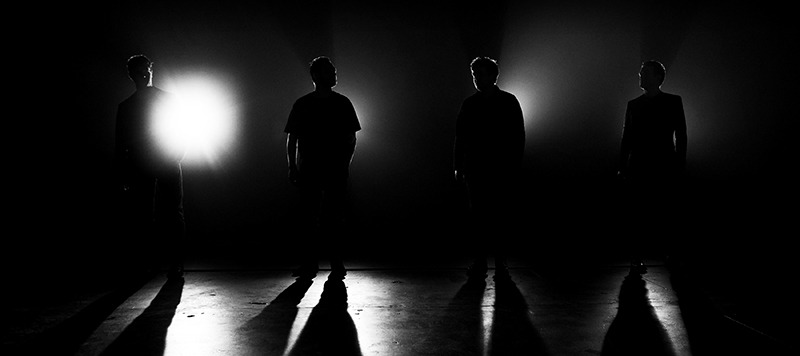
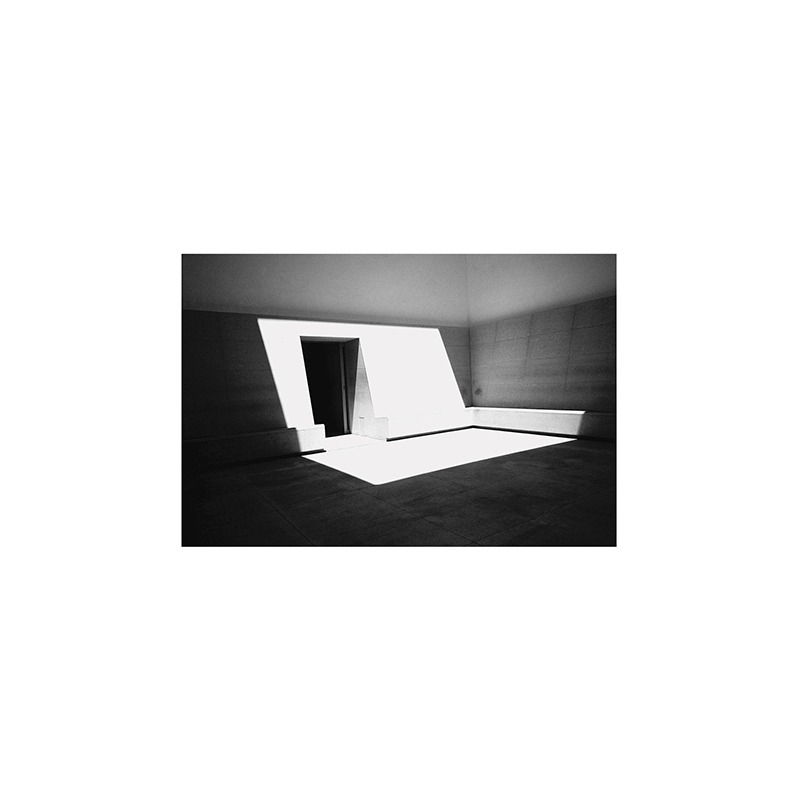

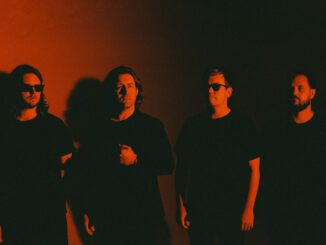
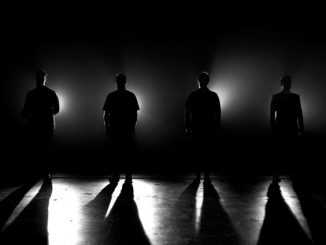
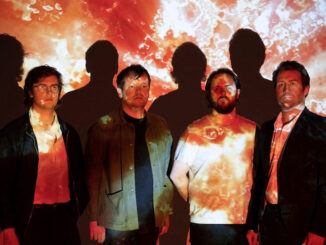

Be the first to comment